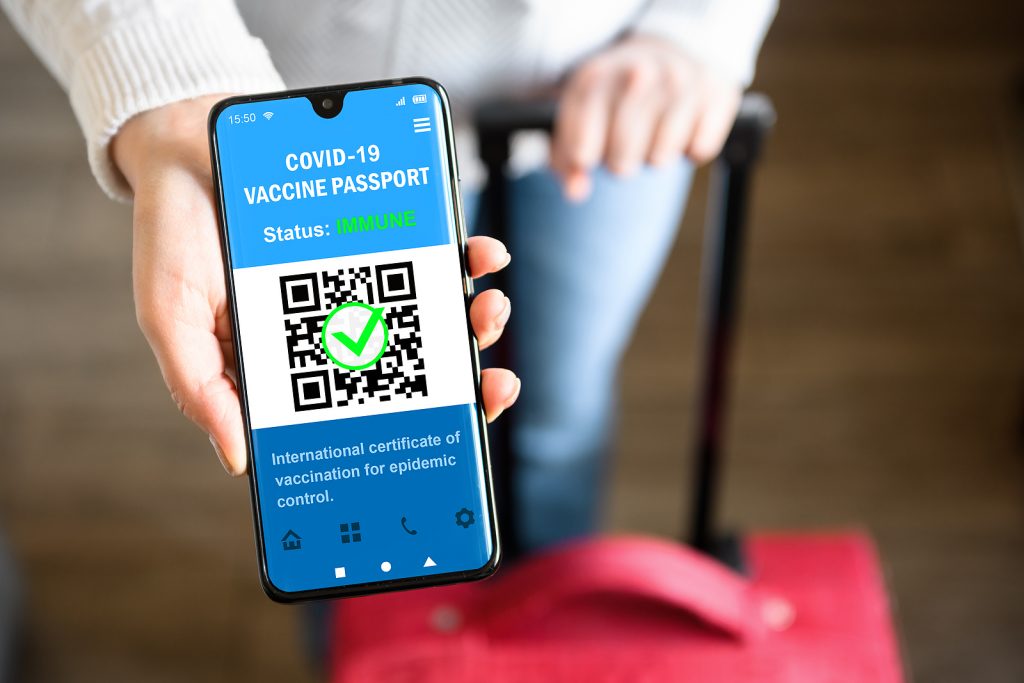In our recent article, we outlined six reasons why now is the time for schools to revolutionise their touring programs. In an ever-changing global travel landscape, it has never been more important for schools to engage the expertise of a specialised education travel partner to plan, manage and review educational touring programs.
With an increase in government restrictions and COVID-19 risk management requirements, having a partner who can manage end-to-end touring programs is an increasingly important asset. We’ve identified five questions you must ask prospective educational travel partners to ensure they can help you travel safely, and with confidence, as current travel restrictions begin to lift.
1. What are your COVID-Safe commitments?
Before booking any travel, we recommend asking your touring partner to share with you a documented set of commitments to COVID-19 safe travel.
At a bare minimum this should include only arranging travel to destinations approved by the Australian government; working with hotels and other suppliers that have similarly robust COVID-safe plans and procedures; and a range of ‘on tour’ safety actions, which we’ve covered in the next point.
This should be an evolving document that takes into account the fluidity of the current situation, so we also suggest asking when it was last reviewed or updated. If the answer is any earlier than the last 60 days, this is a strong indication that the company may not be paying adequate attention to COVID-Safe practices and principles.
2. What COVID-Safe actions will you be taking while we’re on tour?
While the COVID situation is evolving rapidly, there are some general health and safety measures steps your educational touring partner will commit to taking, no matter your destination. These include providing masks and hand sanitiser to all participants, providing a COVID safety briefing prior to departure for all tours, and pre-paying all meals and activities where possible (avoiding the need to carry and exchange currency).
Depending on the guidelines provided by local health authorities in your destination city and country, you may need to take further safety precautions at the time of travel. We recommend finding a travel partner who is proactive about engaging with local authorities and providing you with the correct advice well ahead of your trip.
It’s also worthwhile exploring how they will communicate with you on tour, and whether they can harness digital tools to keep abreast of emerging situations.
3. How will you help me manage travel restrictions and border closures?
It’s tough to plan and book travel with a high degree of confidence amidst the current government-mandated travel restrictions and border closures. While these will lessen in the coming months, we are still likely to see occasional spot border closures and targeted lockdown measures to manage local outbreaks.
This is why it’s essential to work with a partner with flexible terms and conditions around postponements and other changes to travel. Ideally, they will allow you to postpone your trip with no change fees in the case of any government restrictions or border closures announced prior to travel.
Additionally, please explore whether this level of flexibility, care and support will be extended to you once you’ve left home. For example, if you’re on tour and unexpected restrictions are announced, can your partner leverage existing relationships within their own network to help get you and your group home, as safely and quickly as possible?
4. How will you assist us if someone gets COVID while we’re on tour?
As unthinkable as it might be, it’s best to be prepared for the possibility a member of your group could become symptomatic with COVID while you’re away.
It’s worthwhile to ask your touring partner how they will help you manage this scenario. Will they go the extra mile to help you co-ordinate medical appointments and quarantine, liaise with family and local authorities, and arrange for a parent or guardian to meet the group?
Conclusion
While there’s no doubt COVID has changed how we think about and undertake travel, asking the right questions of your educational touring partner early on will help minimise much of the risk and improve the overall learning outcomes for your school and your students.
Find out about Latitude Group Travel’s strong commitment to COVID-Safe travel and reach out to find out how we can help you plan and book your school touring programs with a high degree of confidence in 2022 and beyond.


